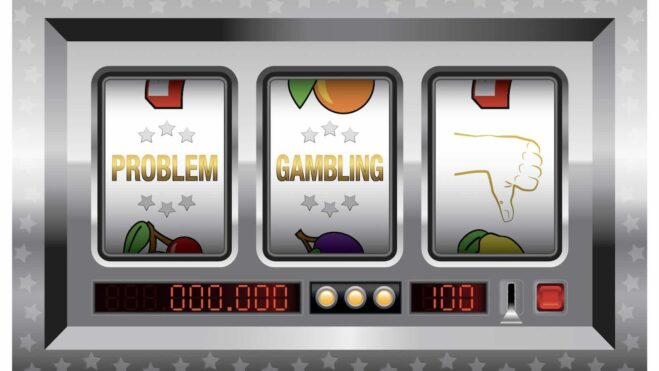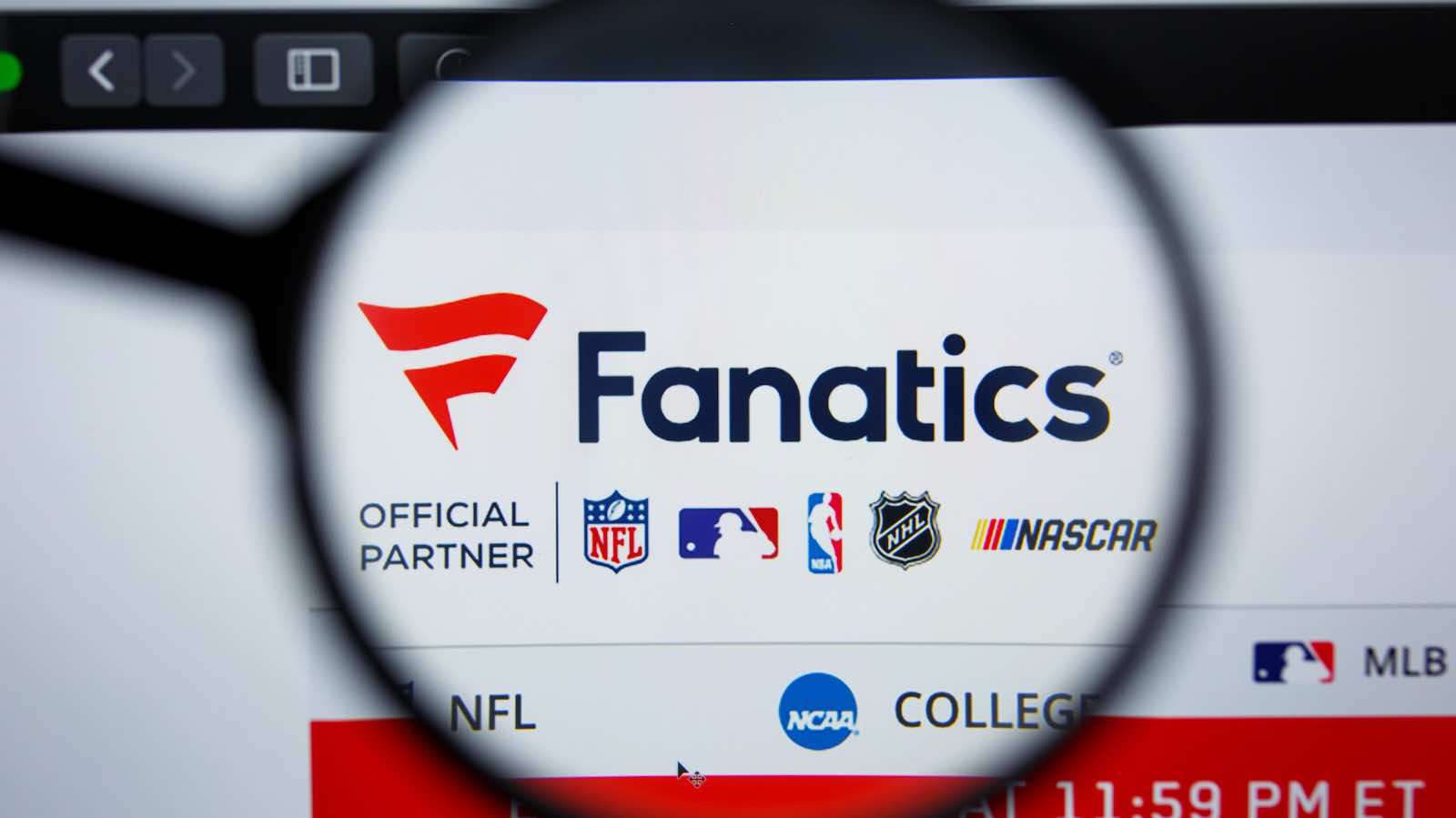Want Proof Online Poker Is Trending Up? Look At What Flutter Is Doing With Gronk
Rob Gronkowski is promoting a PokerStars property, a sign of growing investment in iPoker
3 min

A recent promotional decision by one of the world’s foremost gambling companies suggests the industry’s biggest players see rising value in the online poker market.
Flutter is tapping former New England Patriots star Rob Gronkowski to appear in the second season of The Big Game, a branded poker show put on by PokerStars — one of Flutter’s iGaming platforms.
The Big Game will be filmed this November at Resorts World Las Vegas. It’s a cash poker game with a bunch of celebrities, pro players, and one amateur — dubbed the “Loose Cannon.”
Gronkowski branching out from sports betting
To date, Gronkowski has been one of Flutter’s most recognizable and utilized celebrity ambassadors. He has largely promoted FanDuel Sportsbook — most notably with his two “Kick of Destiny” advertising campaigns the past two years.
But lately, Flutter has started using him to promote other aspects of their company.
In January, Gronkowski spiked a football outside the New York Stock Exchange and appeared on the CNBC talk show Squawk on the Street to commemorate Flutter’s NYSE listing. In May, he teamed up with FanDuel’s live dealers at the Live Dealer Roulette Table to engage with New Jersey players on FanDuel Casino. He also has his own game, Gronk Spike Cornhole, on the “skill game” site FanDuel Faceoff.
But this is Gronkowski’s first foray into poker promotion. Flutter is also bringing FOX Sports personality Nick Wright onto the second season of The Big Game.
It’s part of Flutter’s attempts to boost PokerStars’ U.S. profile — an effort that started in Q1 2024, when the company began to “embark on a transformation for PokerStars,” as Rob Coldrake, Flutter’s CFO, said during the company’s Q2 earnings call.
“From a performance perspective, PokerStars is doing very well,” Coldrake said. “In the U.S., we’re seeing some real green shoots and we’re very optimistic about how big that business can become there.
“And we’ve also had a number of offset savings across our casino products. So really happy with the way that we’re trending on poker overall.”
Online poker ‘slowly gaining its lost glory’
Perhaps it’s not a surprise Flutter is reinvesting in online poker. Online poker is making a bit of a resurgence in the gambling landscape.
A recent market analysis from Prophecy Market Insights said the U.S. online poker market is “slowly gaining its lost glory” since the shutdown of sites on “Black Friday” in 2011 rocked the industry to its core. The report pegged the U.S. online poker market (including unregulated operators) at $54.03 billion in 2024 and predicted it would grow to $183.3 billion by 2034 — good for a compound annual growth rate of 14.9%.
For comparison: The U.S. sports betting market cleared $121 billion in 2024.
A sector that’s nearly 45% the size of sports betting is certainly worth pursuing.
Especially with the momentum of online casino legalization in the U.S. screeching to a halt in recent years. That’s why you’ve seen a greater investment in iLottery products — hello, DraftKings’ $750 million Jackpocket purchase — and in online poker.
“Online poker has been trendier of late since many people have leisure time and disposable income to seek new types of entertainment, resulting from urbanization and lifestyle changes,” the report reads, in part. “The proliferation of social media and forums has provided a launch pad through which poker culture proliferates, drawing new players into the fold. Online poker is, therefore, a preferred option as the quest for easy leisure options increases amid lifestyles that grow busier with each passing day and working hours getting longer.”
DraftKings also recently launched its Electric Poker product in Michigan, with more states coming soon. Rush Street Interactive will debut BetRivers Poker before too long. And GGPoker, Flutter’s biggest worldwide online poker competition, recently bought Caesars’ WSOP in a move that could shake up the U.S. landscape.
WSOP owned the U.S. online poker market in 2018 and 2019. But since then, PokerStars has nearly halved WSOP’s audience base. The two poker behemoths go back and forth constantly for the largest market share. In June, WSOP was in first. In February, it was PokerStars.
What does the future hold?
Currently, online poker is legal in seven states: Michigan, Pennsylvania, Delaware, West Virginia, New Jersey, Connecticut (no active apps), and Nevada.
Online poker is only legal in states where online casinos are also legal — except Nevada, where there are no online casinos, and Rhode Island, where there is an online casino (Bally’s) but no online poker. The iPoker industry is inherently tied to iGaming. And rarely do bills pop up in state legislatures that would legalize only online poker and not online casinos too.
The latest iGaming bill comes from Ohio, where Senate Bill 312 would legalize online casinos and online poker and tax revenue at 15%. The New York iGaming bills from Sen. Joseph Addabbo the past two years have both included online poker, too.
The most recent memorable legislative push for online poker came from California in 2015 and 2016. A bill, AB 2863, would have launched the online poker industry in California, but the state’s gaming tribes — who, as we saw in the 2022 sports betting debacle, rule California’s gambling landscape — were divided.
AB 2863 would have prevented certain companies, including PokerStars, from operating in the state for five years. But the Morongo Band and San Manuel Band of Mission Indians, two of the most powerful gaming tribes in California, were partnered with Amaya — which at the time owned PokerStars. (Flutter acquired Amaya in 2019.)
So that was never going to work out.
We’ll see if online poker discussions return in the near future in California.






